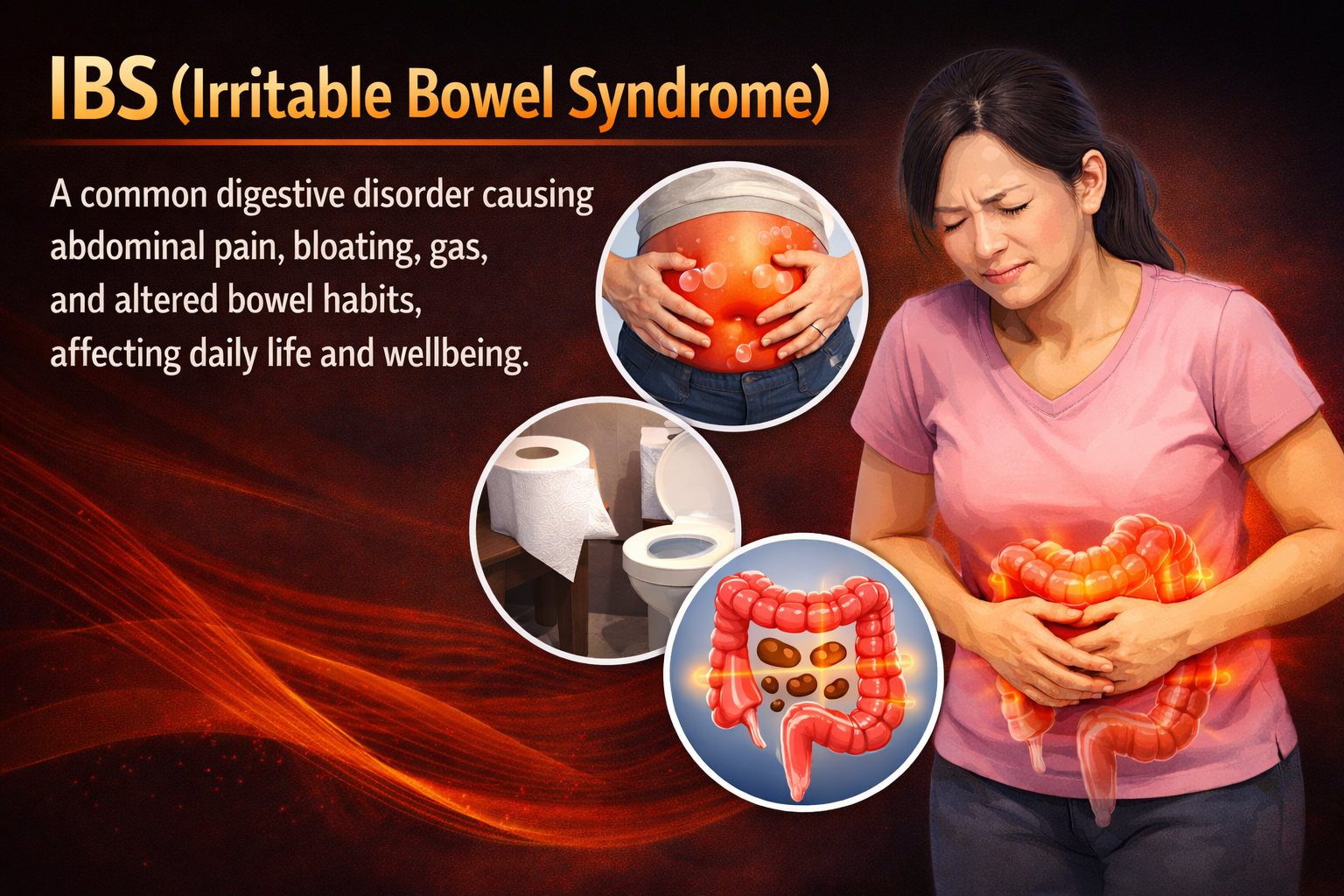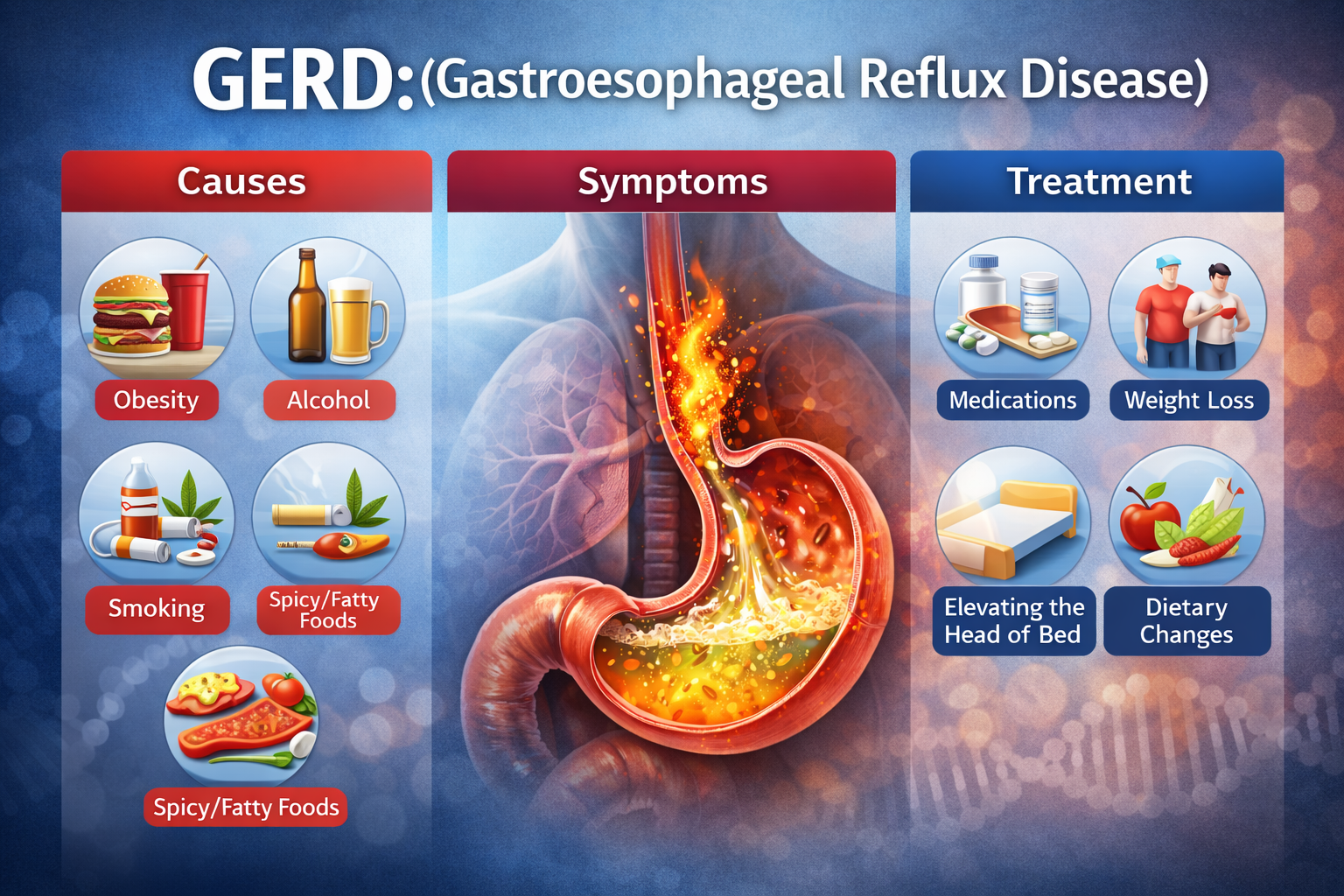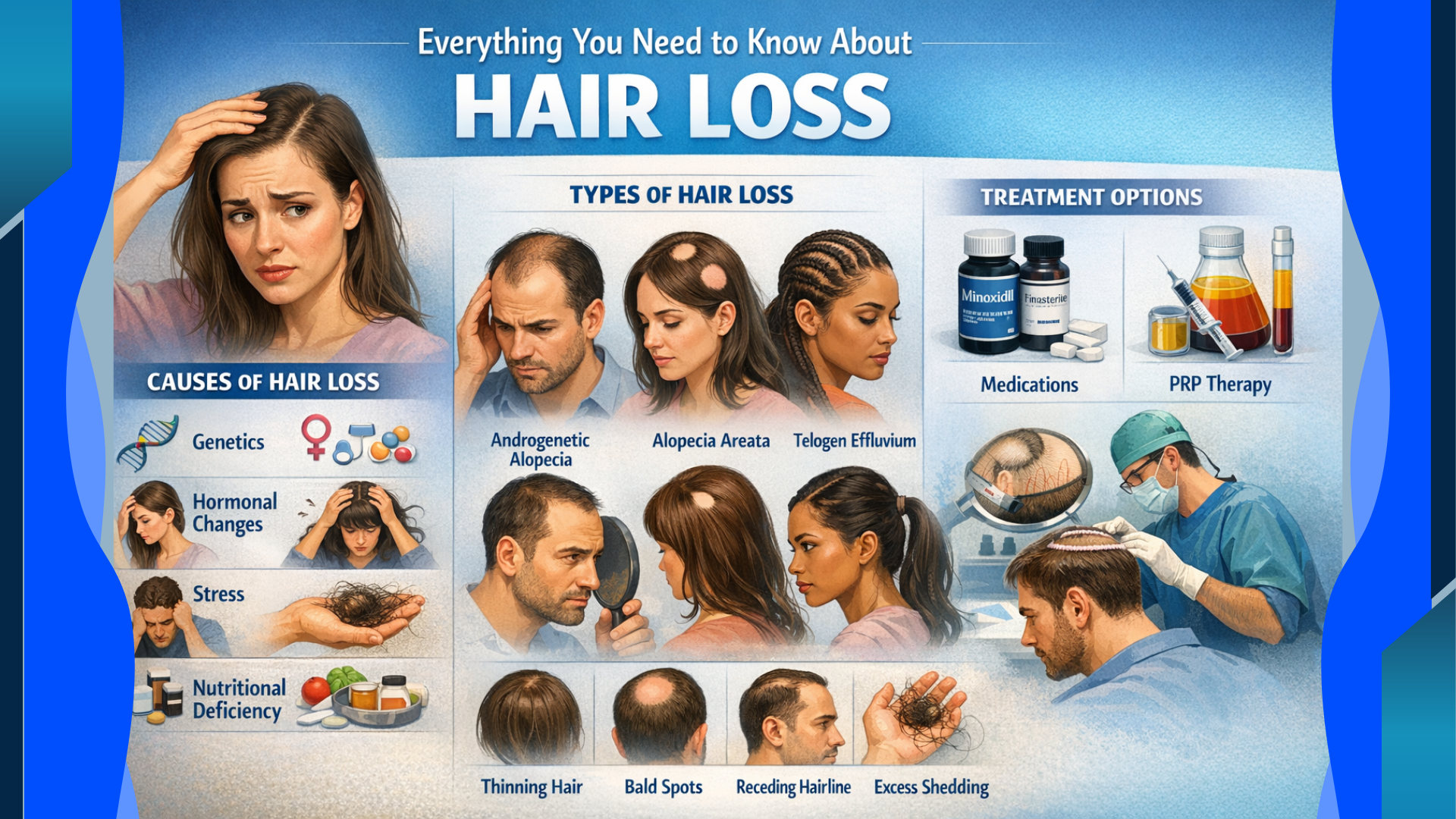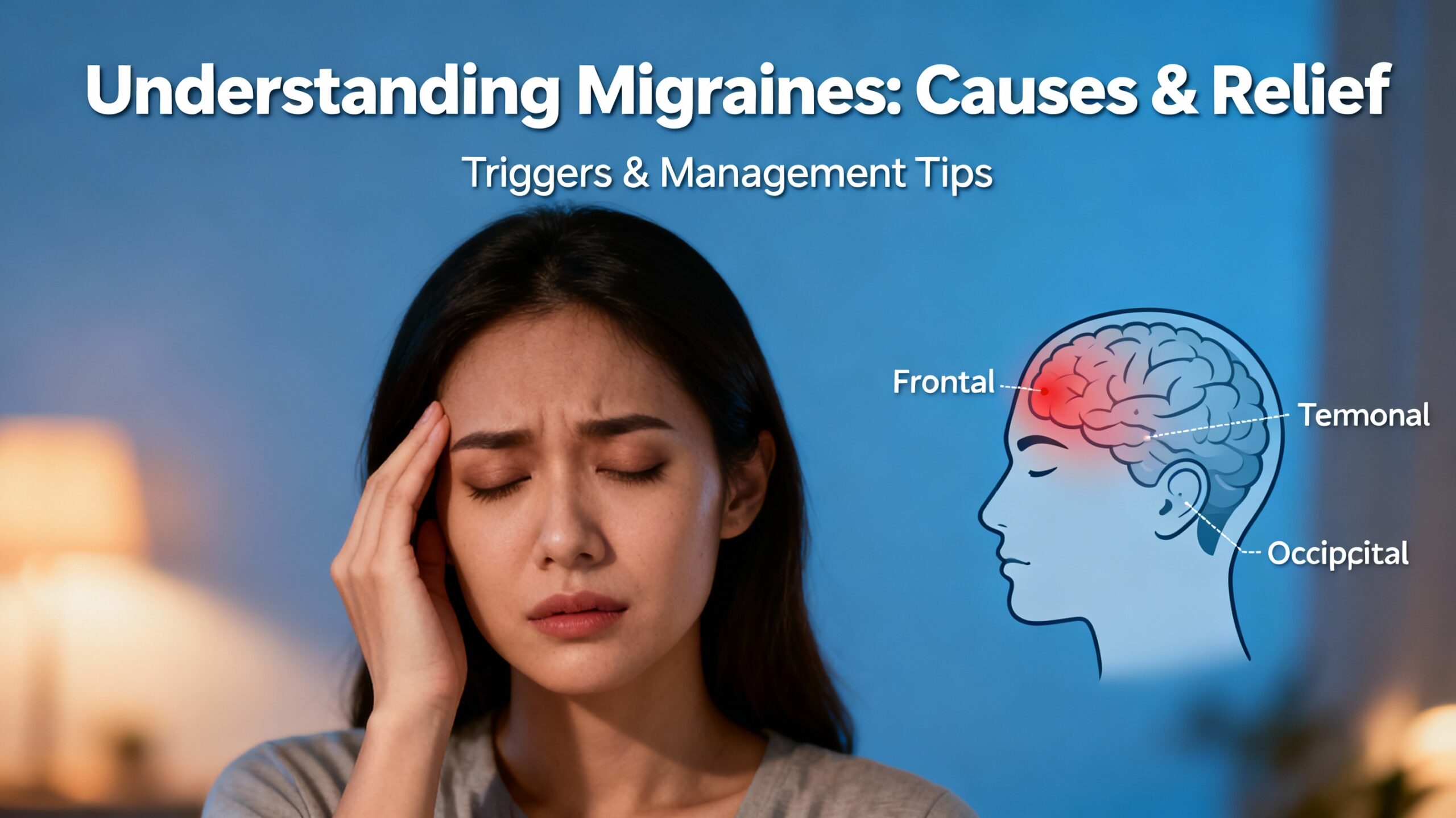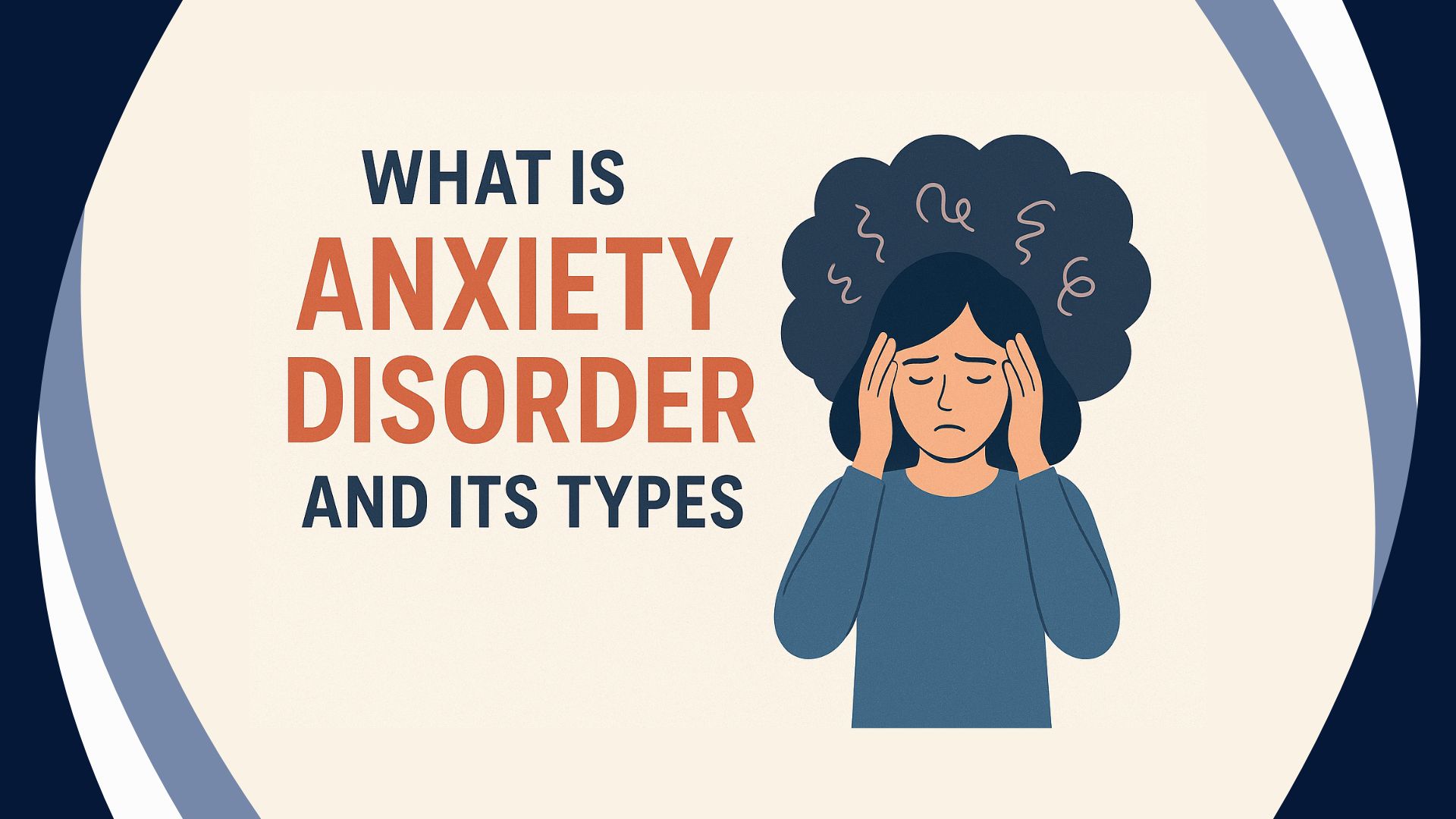What Is Sleep Health?
Sleep health refers to the quality and quantity of sleep that helps you stay healthy and feel good. Just like eating well and exercising are important for your body, getting the right amount of good-quality sleep is crucial for your physical and mental health.

Why Is Sleep Important?
- Restores Your Body: While you sleep, your body repairs itself. This includes muscle repair, tissue growth, and hormone regulation.
- Boosts Brain Function: Good sleep helps with memory, learning, and decision-making. It helps you stay alert and focused during the day.
- Emotional Balance: Proper sleep helps you handle stress and emotions better. Lack of sleep can make you more irritable or anxious.
- Supports Immune System: Quality sleep helps your body fight off illnesses and infections.
How Much Sleep Do You Need?
- Adults generally need about 7-9 hours of sleep per night.
- Teens need about 8-10 hours.
- Children need even more, depending on their age.
Signs of Poor Sleep Health:
- Trouble Falling Asleep: If you find it hard to fall asleep or stay asleep.
- Feeling Tired During the Day: Feeling sleepy or exhausted even after a full night’s sleep.
- Sleep Disorders: Conditions like insomnia (difficulty sleeping), sleep apnea (breathing problems during sleep), or restless legs syndrome (uncomfortable sensations in the legs).
Tips for Better Sleep Health:
- Stick to a Routine: Go to bed and wake up at the same time every day, even on weekends.
- Create a Relaxing Bedtime Routine: Activities like reading or taking a warm bath can help signal your body that it’s time to wind down.
- Make Your Sleep Environment Comfortable: Ensure your bedroom is dark, quiet, and cool. Invest in a good mattress and pillows.
- Limit Screen Time: Reduce exposure to screens (phones, tablets, computers) before bed, as the blue light can interfere with your sleep.
- Avoid Caffeine and Heavy Meals: Don’t eat large meals or consume caffeine close to bedtime.
In summary, good sleep health means getting enough quality sleep to support your body and mind. Paying attention to how you sleep and making adjustments can lead to better overall health and well-being.
reading sleep health issues involves a combination of lifestyle changes, behavioural strategies, and, in some cases, medical interventions. Here’s a detailed yet simple guide to various treatments for common sleep problems:
1. Behavioural and Lifestyle Changes
a. Sleep Hygiene Practices:
- Consistent Sleep Schedule: Go to bed and wake up at the same time every day, including weekends.
- Relaxation Techniques: Engage in calming activities before bed, such as reading or taking a warm bath.
- Comfortable Sleep Environment: Make sure your bedroom is dark, quiet, and cool. Invest in a comfortable mattress and pillows.
- Limit Screen Time: Avoid screens (phones, tablets, computers) for at least an hour before bed, as the blue light can interfere with melatonin production.
b. Diet and Exercise:
- Avoid Caffeine and Nicotine: These can interfere with your ability to fall asleep. Try to avoid them for at least a few hours before bedtime.
- Healthy Eating: Avoid heavy or spicy meals close to bedtime, which can cause discomfort and disrupt sleep.
- Regular Exercise: Engage in regular physical activity, but try to avoid vigorous exercise close to bedtime.
Meditation for healthy lifestyle: click on it for more
2. Cognitive Behavioural Therapy for Insomnia (CBT-I)
- CBT-I is a structured program that helps you identify and replace thoughts and behaviours that cause or worsen sleep problems. It includes:
- Sleep Restriction: Limiting the time spent in bed to improve sleep efficiency.
- Stimulus Control: Associating your bed with sleep only, not with activities like watching TV or working.
- Cognitive Therapy: Addressing and changing negative thoughts about sleep.
3. Medical Treatments
a. Prescription Medications:
- Sedatives or Hypnotics: Medications like benzodiazepines or non-benzodiazepine sleep aids can be used for short-term relief. It should be used under a Doctor’s Supervision due to potential side effects and dependency issues.
b. Over-the-Counter Sleep Aids:
- Melatonin Supplements: Melatonin is a hormone that regulates sleep-wake cycles. Supplementing with melatonin can help reset your sleep schedule.
- Antihistamines: Some over-the-counter medications contain antihistamines that can induce drowsiness. However, they are not recommended for long-term use.
c. Treatment for Sleep Disorders:
- Sleep Apnea: Often treated with a CPAP (Continuous Positive Airway Pressure) machine to keep the airway open during sleep.
- Restless Legs Syndrome: May be managed with medications or lifestyle changes to reduce symptoms.
- Insomnia: Besides CBT-I and medications, identifying and treating underlying causes such as stress, depression, or anxiety may be necessary.
4. Alternative Therapies
a. Herbal Remedies:
- Valerian Root: Often used as a natural sleep aid, though more research is needed on its effectiveness.
- Chamomile Tea: Known for its calming effects and may help with sleep onset.
b. Acupuncture:
- Some find acupuncture helpful for improving sleep quality and managing sleep disorders.
5. Professional Help
If you’ve tried lifestyle changes and over-the-counter treatments without success, or if you suspect a more serious sleep disorder, consulting a healthcare provider or sleep specialist is important. They can conduct sleep studies or other diagnostics to determine the underlying cause and recommend appropriate treatment.
